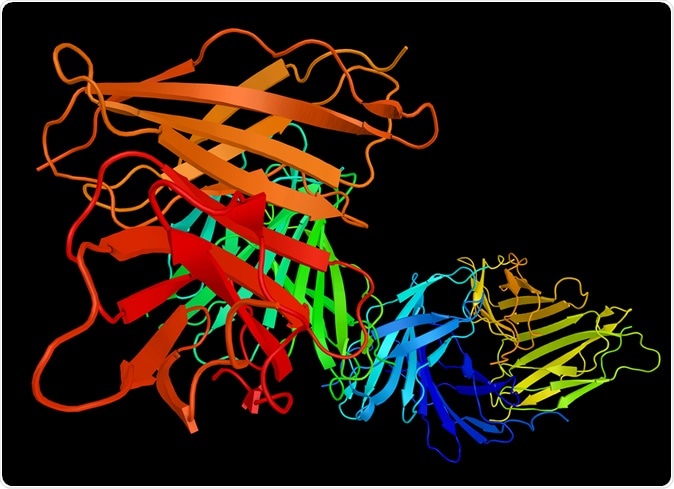Exercising is good for health and there is yet another reason for it. Exercise is known to release certain endogenous hormones called “feel good” hormones or endorphins. Yet another hormone may be released from the body when a person exercises – this is called irisin. Irisin is found to be protective against Alzheimer’s disease finds a new study. The results of the new study were published in the journal Nature Medicine.

Irisin - Image Credit: Ibreakstock / Shutterstock
The study led by researchers at the Columbia University's Vagelos College of Physicians and Surgeons, co-authored by Dr. Ottavio Arancio, a Professor of pathology and cell biology and of medicine at the institute, finds evidence of the positive role exercise could play in brain health. According to the researchers, there was evidence that exercise can reduce the risk of getting Alzheimer’s disease. The reason for this was not known.
The hormone irisin was found a few years ago. It was noted that irisin was released in blood during exercise and physical activity. It was hypothesized that irisin could play a role in energy metabolism of the body. This new research has shown that irisin is capable of promoting new neuron growth in the brain. It is especially beneficial at the hippocampus region of the brain which is necessary for memory and learning. Arancio said, “This raised the possibility that irisin may help explain why physical activity improves memory and seems to play a protective role in brain disorders such as Alzheimer's disease.”
The team including those from Federal University of Rio de Janeiro in Brazil and Queens University in Canada extensively studied the connection between irisin and A;zheimer’s disease. They gathered brain tissue samples from brain banks and noted that irisin is normally present in the hippocampus region of the brain and among those suffering from Alzheimer’s disease, there us a reduction in levels of this hormone in the hippocampus.
The team used laboratory mice to assess the benefits provided by irisin to the brain. They noted that presence of irisin in the brain of mice can protect their memory and preserve the nerve connections called the synapses. They then disabled irisin in the hippocampi of the mice brains. Thereafter there was a decline in memory and damage to the synapses was noted. When irisin levels were raised, there was an improvement in brain health, the researchers noted.
As a next step the researchers assessed the type of exercise that could raise irisin in the brain and benefit brain health. It is known that beta amyloid protein causes formation of clumps within the brain that leads to symptoms of Alzheimer’s disease. The mice were made to swim daily for five weeks and were administered infusions of beta amyloid protein. Despite the infusions, these mice did not develop memory impairment akin to Alzheimer’s disease, they noted. This means that despite the pathology, irisin has the capacity to stop the progressive memory loss associated with Alzheimer’s disease say the researchers. Now if irisin was blocked in the swimming animals using a specific drug, these mice developed memory impairments due to infusions of the beta amyloid.
The researchers hope that this study can extrapolate into new therapies for Alzheimer’s disease based on irisin. Arancio in a statement said, “In the meantime, I would certainly encourage everyone to exercise, to promote brain function and overall health. But that's not possible for many people, especially those with age-related conditions like heart disease, arthritis, or dementia. For those individuals, there's a particular need for drugs that can mimic the effects of irisin and protect synapses and prevent cognitive decline.”
Source: https://www.nature.com/articles/s41591-018-0275-4